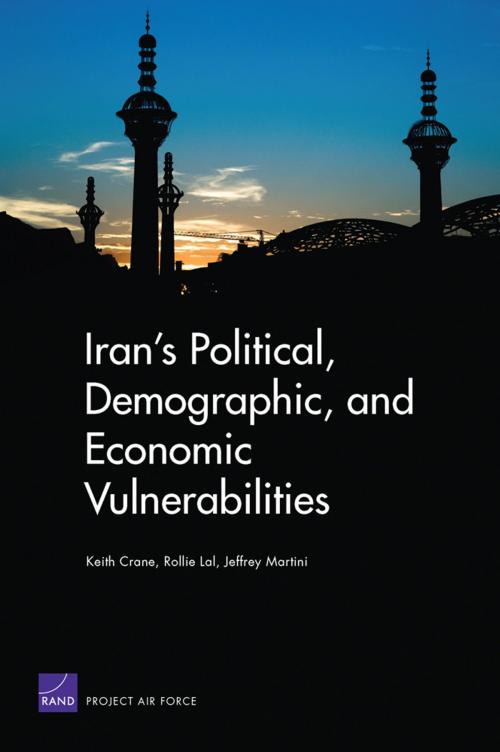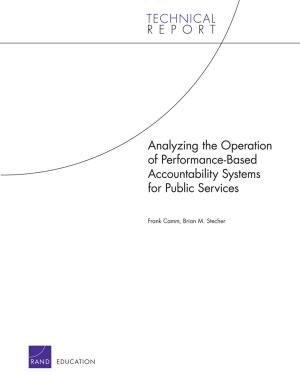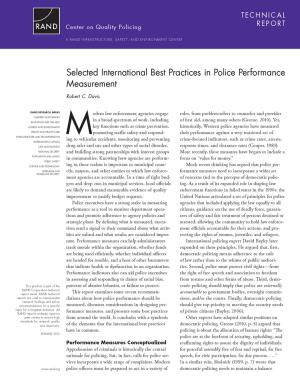Iran's Political, Demographic, and Economic Vulnerabilities
Nonfiction, Social & Cultural Studies, Political Science, International, International Security, Science & Nature, Technology, Military Science, International Relations| Author: | Keith Crane, Rollie Lal | ISBN: | 9780833045270 |
| Publisher: | RAND Corporation | Publication: | June 6, 2008 |
| Imprint: | RAND Corporation | Language: | English |
| Author: | Keith Crane, Rollie Lal |
| ISBN: | 9780833045270 |
| Publisher: | RAND Corporation |
| Publication: | June 6, 2008 |
| Imprint: | RAND Corporation |
| Language: | English |
Iran is one of the United States' most important foreign policy concerns. It has also been an extraordinarily difficult country with which to engage. Ironically, while the leadership has been hostile to the United States, Iranian society has evolved in ways friendly to the United States and U.S. interests. This monograph assesses current political, ethnic, demographic, and economic trends and vulnerabilities in Iran. For example, the numbers of young people entering the Iranian labor force are at an all-time high. The authors then provide recommendations for U.S. policies that might foster trends beneficial to U.S. interests. For example, greater use of markets and a more-vibrant private sector would contribute to the development of sources of political power independent from the current regime. The authors finally note a need for patience. Even if favorable trends take root, it will take time for them to come to fruition.
Iran is one of the United States' most important foreign policy concerns. It has also been an extraordinarily difficult country with which to engage. Ironically, while the leadership has been hostile to the United States, Iranian society has evolved in ways friendly to the United States and U.S. interests. This monograph assesses current political, ethnic, demographic, and economic trends and vulnerabilities in Iran. For example, the numbers of young people entering the Iranian labor force are at an all-time high. The authors then provide recommendations for U.S. policies that might foster trends beneficial to U.S. interests. For example, greater use of markets and a more-vibrant private sector would contribute to the development of sources of political power independent from the current regime. The authors finally note a need for patience. Even if favorable trends take root, it will take time for them to come to fruition.















